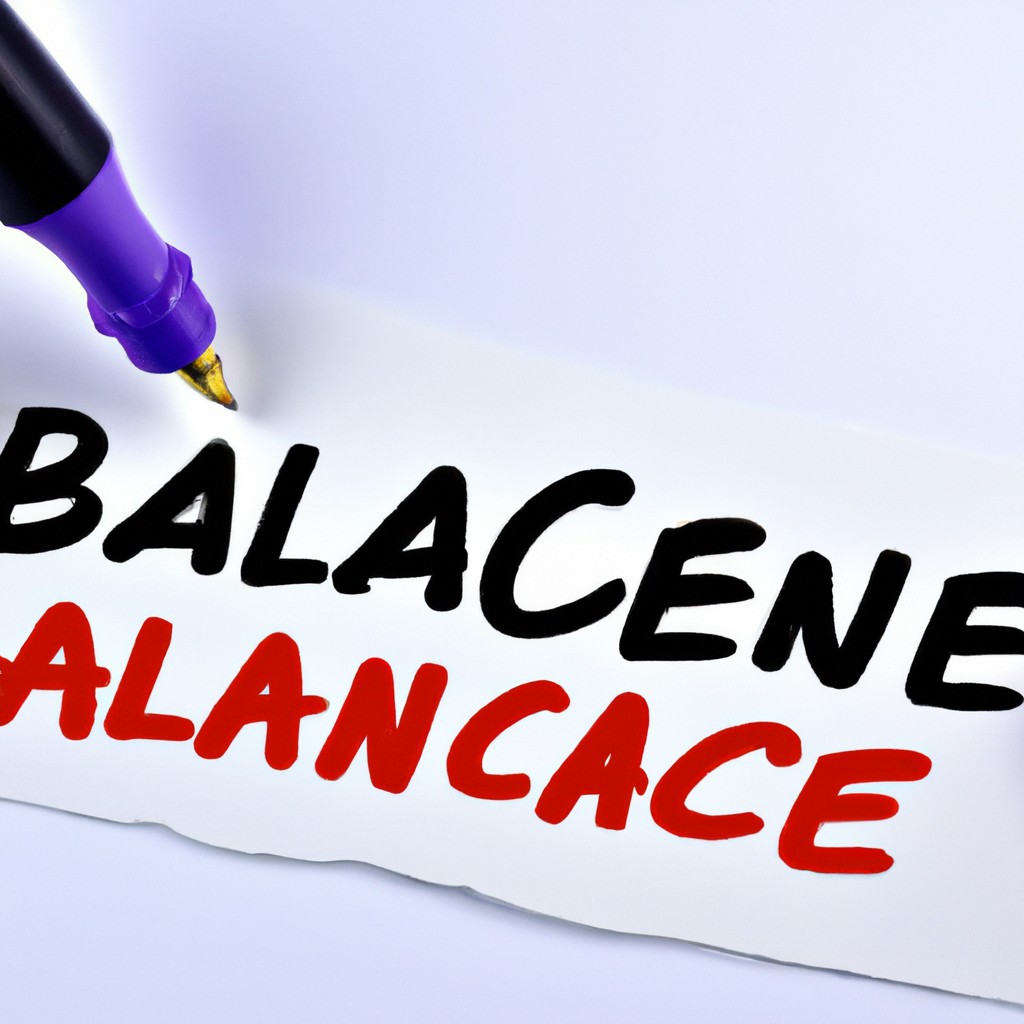Effect of income inequality on economic stability

Income inequality has a profound impact on economic stability. When the gap between the rich and the poor widens, it creates social unrest and economic volatility. With a disproportionate distribution of wealth, the majority of people struggle to meet their basic needs while a few enjoy extravagant luxuries. This disparity leads to a decrease in consumer spending, which negatively affects businesses and slows down the economy. Additionally, income inequality hampers upward mobility, as those at the bottom of the economic ladder find it difficult to access education, healthcare, and opportunities for advancement. Consequently, the economy becomes stagnant, as a large segment of the population is unable to contribute to its growth and development.
Read more
Economic impact of poverty

Poverty has a profound economic impact, affecting individuals, families, and societies in multiple ways. Economic productivity is constrained as those in poverty struggle to access education, healthcare, and job opportunities. Limited financial resources hinder investment in businesses and innovation, hindering economic growth. Poverty also imposes significant burdens on public budgets, with higher social welfare expenditures and healthcare costs. Moreover, poverty perpetuates a cycle of inequality, as individuals born into impoverished conditions face barriers to upward mobility. The economic consequences of poverty are far-reaching, impacting not just the individuals experiencing it, but also societies as a whole. Addressing poverty is crucial for creating a more inclusive and prosperous economy.
Read more
Economic benefits of social safety nets

Social safety nets have proven to have significant economic benefits for societies. By providing financial assistance, such as unemployment benefits or cash transfers, these programs help individuals and families meet their basic needs during times of hardship. This prevents them from falling into poverty and, in turn, reduces the strain on public resources. Additionally, social safety nets contribute to economic stability by supporting consumer spending and maintaining demand for goods and services. Moreover, these programs can enhance productivity by enabling individuals to access crucial services, such as healthcare and education. Overall, social safety nets not only alleviate poverty but also foster economic growth and resilience in communities.
Read more
Economic policies

Economic policies play a crucial role in shaping a country's financial landscape. These policies determine how resources are allocated and how wealth is generated. They aim to achieve various objectives such as promoting growth, reducing poverty, and ensuring stability. Governments use a combination of fiscal and monetary measures to influence economic activity. Fiscal policies involve decisions on taxation and government spending, while monetary policies focus on managing interest rates and money supply. Well-designed economic policies can create opportunities for businesses and individuals, leading to job creation and improved living standards. However, poor policy choices can have detrimental effects, including inflation, unemployment, and income inequality. Therefore, policymakers must carefully consider the potential impact of their decisions on different segments of society.
Read more
Economic growth

Economic growth refers to the increase in the production and consumption of goods and services in an economy. It is crucial for improving living standards, reducing poverty, and creating job opportunities. When an economy experiences sustained economic growth, it leads to higher incomes, better infrastructure, and improved access to education and healthcare. This, in turn, enhances the overall well-being and quality of life for individuals. Governments and policymakers often implement strategies to promote economic growth, such as investing in infrastructure, attracting foreign direct investment, and fostering innovation and entrepreneurship. Economic growth is a vital indicator of a country's progress and development.
Read more
Role of education in economic growth

Education plays a vital role in driving economic growth by equipping individuals with the necessary skills and knowledge to succeed in a rapidly evolving world. Through education, individuals can acquire the expertise needed to innovate, create new technologies, and effectively participate in the workforce. Furthermore, education fosters critical thinking, problem-solving, and decision-making abilities, which are essential for entrepreneurial ventures and economic development. It also promotes social mobility, enabling individuals from disadvantaged backgrounds to break the cycle of poverty and contribute to the overall growth of the economy. Moreover, education enhances productivity and efficiency, leading to increased output, higher wages, and improved standards of living for the population as a whole. Overall, investment in education is a strategic imperative for countries aiming to achieve sustainable economic growth and development.
Read more
Impacts of global trade on economic growth

Global trade has a significant impact on economic growth. Increased trade fosters competition and innovation, driving productivity and efficiency improvements. It helps countries access new markets, expand their customer base, and diversify their economies. Trade liberalization promotes specialization, allowing countries to focus on their comparative advantages. This leads to higher output, increased employment opportunities, and higher incomes. Trade also brings in foreign investment, technology transfer, and knowledge spillovers, enhancing productivity and driving economic growth. However, it is important to note that not all countries benefit equally from global trade, and there can be winners and losers. Policies that promote inclusive and sustainable trade are crucial to ensure that the benefits of global trade are shared by all.
Read more
Economic impact of government regulations

The economic impact of government regulations is a topic that sparks much debate and discussion. Regulations are put in place to protect consumers, workers, and the environment, but they can also impose costs on businesses. Critics argue that excessive regulations stifle innovation and hinder economic growth, while proponents argue that regulations are necessary to prevent abuses and ensure a level playing field. Finding the right balance is crucial, as overly burdensome regulations can discourage investment and hinder job creation. However, regulations that are too lax can lead to negative externalities and harm society. Policymakers must carefully consider the economic consequences of regulations and strive to strike a balance that promotes both economic growth and societal well-being.
Read more
Economic applications of Theil index

The Theil index is a useful tool for analyzing income inequality within economies. It measures the dispersion of income across individuals, providing insights into economic disparities. Economists and policymakers often utilize the Theil index to evaluate the effectiveness of social welfare programs and to assess the impact of economic policies on income distribution. By calculating the index, they can identify areas of concern and develop targeted strategies to address inequalities. Additionally, the Theil index aids in determining the extent to which economic opportunities are accessible to all citizens. Understanding and addressing income inequality is crucial for promoting social cohesion and sustainable economic growth.
Read more
Economic factors influencing the Gini coefficient

The Gini coefficient is influenced by various economic factors. One such factor is income inequality. When the gap between the rich and poor widens, the Gini coefficient tends to be higher. Another factor is economic growth. If the economy grows at a faster rate, it can lead to a reduction in income disparities, resulting in a lower Gini coefficient. Government policies also play a role. Social welfare programs and progressive taxation can help reduce income inequality, hence lowering the Gini coefficient. Additionally, factors such as education, employment opportunities, and social mobility can impact income distribution and the Gini coefficient. These economic factors shape the level of income inequality in a society.
Read more












